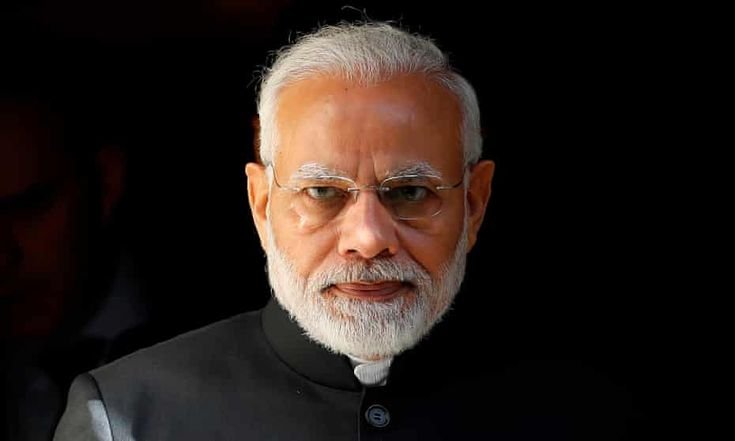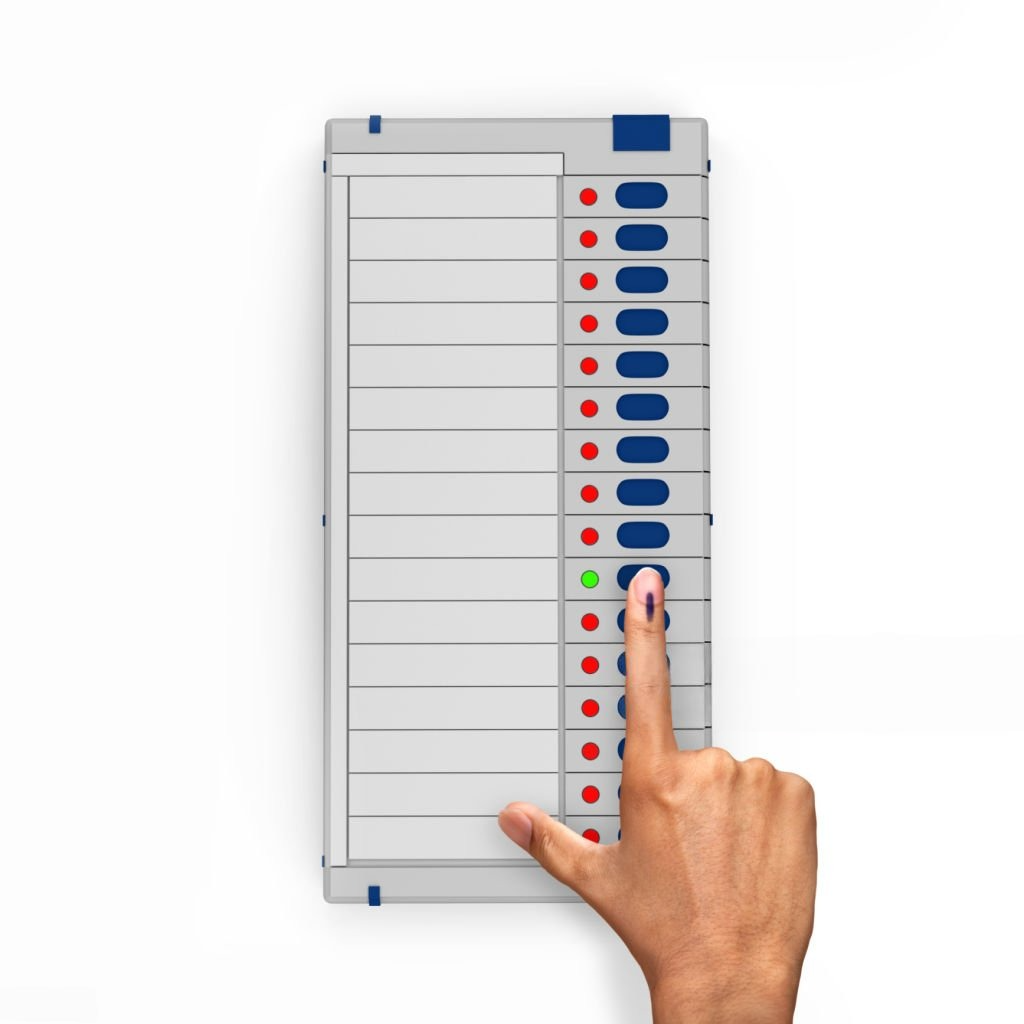National Voters Day, observed annually on January 25, was first celebrated in 2011 in India. The day was instituted by the Election Commission of India to encourage and enhance voter participation in the electoral process. The significance of this day extends beyond mere observance; it serves as a reminder of the importance of every citizen’s participation in democracy. Through various initiatives, the day aims to inform citizens about their voting rights and responsibilities, thereby empowering them to make informed choices at the ballot box.
This observance fosters awareness about the electoral process, especially among the youth and first-time voters. It highlights the mechanisms by which citizens can register to vote and the importance of exercising this right regularly. National Voters Day involves various activities such as public discussions, workshops, and rallies, all aimed at promoting an inclusive democracy where every voice is heard. By striving to engage citizens actively in the electoral process, it highlights voting as not only a right but also a civic duty that shapes society.
The significance of voting lies in its direct impact on democracy. Each vote represents an individual opinion that collectively influences government policies and decisions. Thus, understanding the gravity of National Voters Day is crucial for every citizen. It reminds individuals to recognize their role in shaping the future of their country through responsible participation in elections. This day fosters a sense of community and reinforces the notion that democracy flourishes when citizens are informed, engaged, and prepared to exercise their rights. Therefore, National Voters Day stands as an essential observance in the broader context of democratic engagement.
Challenges to Voter Participation and How to Overcome Them
Voter participation is a cornerstone of a healthy democracy; however, several challenges can impede citizens from exercising their right to vote. One of the foremost barriers is misinformation, which can spread rapidly through various media channels. Individuals may encounter false claims regarding polling locations, voting regulations, or the process itself. This misinformation can lead to confusion and discourage potential voters, particularly among young people who may already be disengaged from the political process.
Accessibility issues also play a significant role in hindering voter participation. Many individuals, especially those with disabilities or those residing in rural areas, face challenges in reaching polling places or understanding how to vote by mail. Moreover, language barriers can disenfranchise non-native speakers who may struggle to access important voting information in their preferred language. This can lead to feelings of alienation and a belief that their votes do not matter.
Lack of awareness is another critical obstacle for numerous demographic groups, including minorities and low-income individuals. Many are unaware of the upcoming elections, registration deadlines, or the impact of their vote. This can perpetuate a cycle of disengagement, wherein disinterest becomes habitual due to an ongoing lack of information and engagement opportunities. To overcome these challenges, a multifaceted approach is necessary.
Educational campaigns targeted at different demographics can help disseminate accurate information and raise awareness about voting processes. Collaborating with community organizations can aid in addressing accessibility concerns, ensuring that polling places meet the needs of all citizens. Moreover, utilizing social media to reach younger voters and creating multilingual materials can bridge communication gaps. By implementing these strategies, we can foster greater civic engagement and ensure a more inclusive electoral process, thus empowering all citizens to participate in shaping our democracy.
Looking Ahead: The Future of Voting in Our Democracy
The future of voting in our democracy promises to be shaped by significant technological advancements, evolving legislative frameworks, and changing social norms. As society adapts to the digital age, the incorporation of online voting systems and artificial intelligence (AI) may fundamentally transform the electoral process. Online voting could increase accessibility, allowing individuals to participate in elections from virtually anywhere, thereby boosting voter turnout. However, this shift must be approached with caution, ensuring that robust security measures are in place to protect against cyber threats and ensure electoral integrity.
In tandem with technological innovations, changes in legislation will play a crucial role in shaping future voting practices. Policymakers will need to address concerns about equitable access to voting technologies and ensure that new laws support, rather than hinder, inclusive participation in the electoral process. This may include expanding early voting periods, implementing automatic voter registration, and exploring reforms such as ranked-choice voting to improve the overall electoral experience.
Moreover, the evolution of social norms will influence how citizens engage with the democratic process. An increasing emphasis on social justice and equity has already spurred movements advocating for fair voting rights and the protection of marginalized communities. Citizen activism serves as a pivotal force in pushing for progressive voting policies that prioritize inclusivity and engagement. This grassroots activism is essential in reminding lawmakers of their responsibilities to the electorate, urging them to prioritize reforms that ensure every voice is heard.
In conclusion, as we look towards the future of voting in our democracy, it is vital to balance innovation with the preservation of electoral integrity, ensuring that all citizens can fully exercise their right to participate in shaping the democratic landscape.



